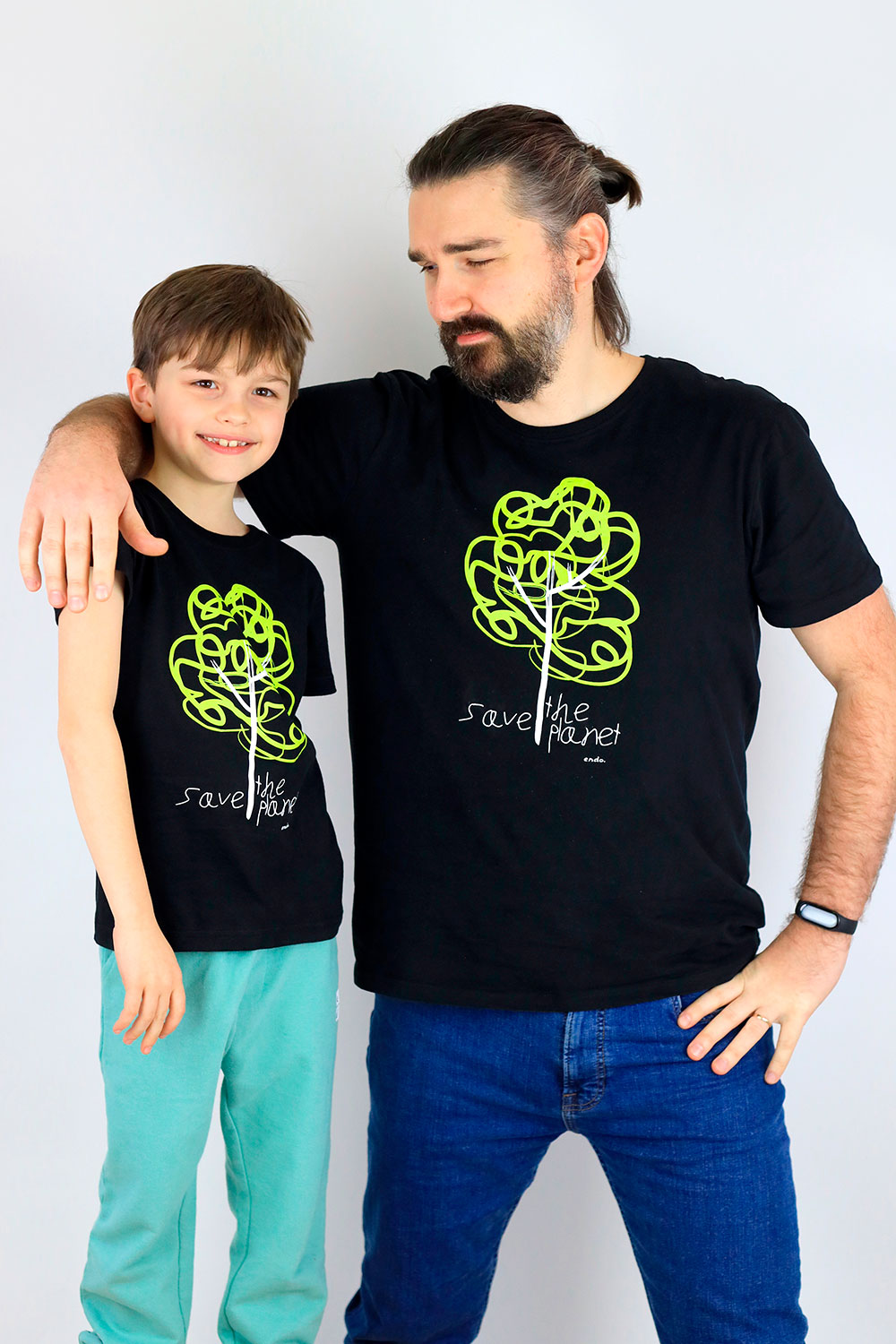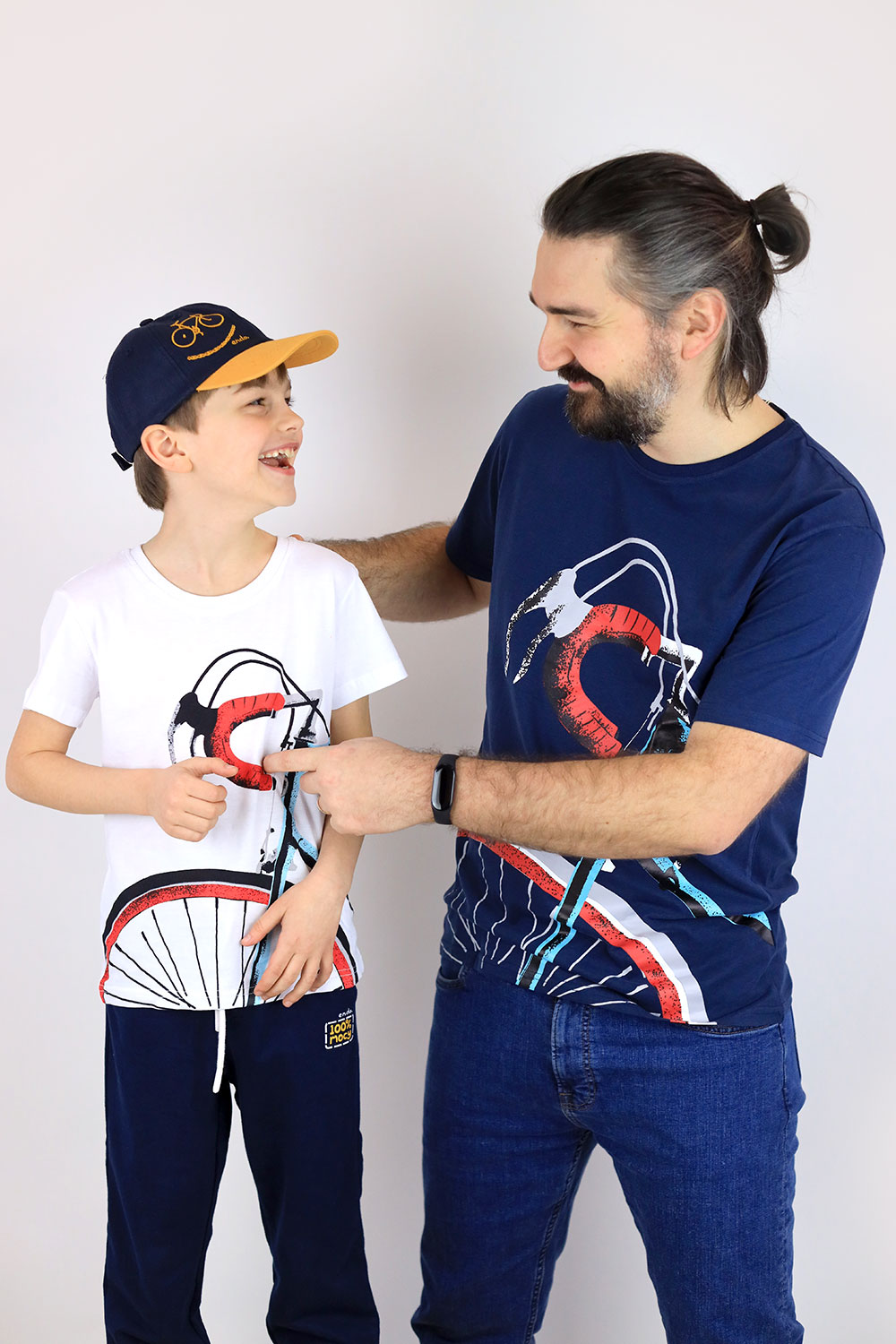
Effective communication with children is key to building healthy relationships, mutual understanding, and trust. Many parents wonder how to speak to their children so they'll listen and respond.
Learn proven techniques and tips that will help you talk to your child effectively and empathetically.
Understanding the child's needs and emotions
The first step to establishing effective communication with a child is understanding their needs and emotions. Children, like adults, have unique needs and desires and experience a wide range of emotions, though they may often struggle to name or express them.
How to recognize your child's emotions? To better understand your child, observe their behavior and try to read the emotions that may be hidden behind their reactions . Often, difficulty listening stems from children feeling misunderstood, which leads to frustration.
Example : Instead of reacting nervously to a tantrum, try saying, "I see you're upset. What happened?" This gives the child a chance to express how they feel, while also showing that you recognize their emotions and are willing to understand them.

How to talk to a child so that they listen to us - empathetic communication
One of the most important aspects of talking to a child is empathetic listening . Children, like adults, want to feel heard and valued. Before you start sharing your thoughts or advice, try to take the time to listen to your child without interrupting.
Why is listening crucial? Children who feel heard are more likely to listen to their parents and respond to their suggestions. Remember not to interrupt, even if you think you understand what the child is saying. Show interest in the child's story by relating it to its content.
Example : Instead of saying, "Hurry up, we have to leave," try, "I see you have something to tell me. Do you want to talk now or on the way?" This way of communicating makes your child feel that their needs are important.

Formulating clear and specific messages
Children respond best to messages that are simple, clear, and specific. Overly general instructions or messages can be difficult or confusing for them to understand . Instead of general phrases like "Behave well," try to be more specific about what you expect.
How to formulate simple messages? Avoid verbosity and complex sentences. It's important to keep sentences short and avoid double meanings. Using "consequence language" is also effective, allowing the child to immediately understand why it's worth complying with the request.
Example : Instead of saying, "Clean up your room, it's messy," try, "Could you put the toys on the shelf? It'll make it easier for us to find space for other things." These specific requests help your child understand exactly what is expected of them.

Building a positive relationship through rewards
Rewards and praise are an essential part of motivating children to listen and follow instructions. Children who feel their efforts are appreciated are more likely to cooperate and respond to their parents' requests. It's not about material rewards, but about recognizing and expressing approval for their efforts.
How can you reward your child to make them more willing to listen? Try to recognize their positive behaviors and comment appropriately. You can use verbal praise or small gestures of appreciation, like a smile or a hug, to make your child feel their efforts are appreciated.
Example : Instead of saying generally, "Good for you for cleaning your room," say, "Great for you for putting the toys away on the shelf. There's so much more room now." Specific praise reinforces the behavior you want to see in the future.

Avoid criticism and excessive punishment – focus on constructive criticism
Children, like adults, react negatively to criticism. Too much criticism and punishment can weaken a child's willingness to listen and even lead to lower self-esteem. Instead, it's best to offer constructive criticism that shows the child where they can improve without undermining their self-esteem.
How to use constructive criticism? Focus on the behavior, not the child's personality. Instead of saying, "You're being rude," it's better to say, "What you did hurt me. Can we do it differently?" Constructive criticism allows a child to see the consequences of their actions without attacking their personality.
Example : Instead of saying, "You didn't clean your room again," try, "I'd like my room to be neat. How can I help you make cleaning easier?" This approach not only makes listening easier but also strengthens the relationship.

How to talk to children so they feel understood and accepted
A sense of acceptance and understanding is the foundation of a good relationship between child and parent. Children who feel accepted are more likely to listen openly and share their thoughts and emotions. Therefore, it's important to avoid judgmentalism when communicating with children.
How to build an atmosphere of acceptance? Show your child that you respect their perspective and thoughts, even if you disagree with them. Seek to understand the reasons behind their behavior rather than immediately judging them. This approach encourages listening and openness.
Example : Instead of saying, "What you're saying isn't true," try, "I understand you see it that way. Tell me why you think that?" This makes the child feel like their opinion is important, which encourages them to continue the conversation.

Time to talk – how to talk to children so they listen?
Often, children don't listen to their parents not because they don't want to, but because the timing of the conversation isn't right for them. If a child is tired, hungry, or preoccupied with play, they may have difficulty concentrating . Therefore, it's worth adapting the conversation time to their condition and needs. Also, check out this blog post about why a child needs a teddy bear !
How to choose the right time to talk? Try to talk to your child when they're calm and ready to listen. Avoid sharing important information during playtime or before bedtime, when your child is distracted.
Example : Instead of saying, "We need to talk now," say, "I see you're busy. We'll talk later, okay?" Choosing the right time increases the chances that your child will listen and understand what you're saying.

Consistency in action – why it is worth keeping your word
Children learn by observation. If parents are consistent in their words and actions, children will be more likely to follow their instructions. Consistency means keeping promises as well as applying the same rules and boundaries.
How to be consistent with your child? Set clear rules and stick to them, but be flexible if the situation calls for it. Children quickly pick up on inconsistencies in their parents' behavior, which can lead to a lack of trust.
Example : If you set a rule that screen time is limited to 30 minutes a day, try to stick to it. This way, your child learns that the rules are firm and must be followed.
Effective communication with your child is based on mutual respect, empathy, and understanding. To encourage your child to listen, it's important to remember clear messages, active listening, and rewarding positive behavior. This will help you build a healthy, trusting relationship with your child, and they'll be more likely to respond to your words and guidance.





Podziel się:
How to Choose Baby Sleepsuits for Your Child? A Practical Guide for Parents
Autumn fun for children